In a heated political climate where every word can spark fierce debate, Queens State Assemblyman Zohran Mamdani is speaking out—this time, not to attack or defend specific policies, but to refocus the conversation itself. Mamdani, whose progressive stances have gained both praise and criticism throughout New York, says he’s fed up with being reduced to a simplistic caricature: the politician who “hates police.” Now, he’s urging constituents and critics alike to move beyond the headline and engage with the substance of his work.
Reclaiming the Narrative
Since his election to the New York State Assembly, Mamdani has been known as a prominent voice for criminal justice reform, affordable housing, and immigrant rights in his Astoria and western Queens district. But his critiques of policing policies—particularly his calls for reducing police budgets and redirecting funds toward mental health and community services—have been a lightning rod for controversy. Opponents have frequently painted him as “anti-police,” an image that’s often circulated in media soundbites, flyers, and social media memes.
But Mamdani is frustrated by this narrow framing. “When my entire record gets boiled down to a single phrase like ‘he hates police,’ it does a disservice to the complex issues we’re trying to address,” Mamdani said during a recent community meeting. “I’m against over-policing. I’m for investment in community care. That’s not hate; that’s advocacy for a better city.”
Beyond Slogans: The Real Issues
Mamdani’s approach to public safety includes proposals for non-police crisis response teams, better funding for youth programs, and expanded mental health support. He argues these priorities are born out of local needs. “Queens is full of hard-working families who want to feel safe—and that means more than just having police on every corner,” he emphasized.
Critics, however, have been quick to link his reforms with national debates. Groups opposing his policies have called his stance “dangerous,” portraying him as encouraging lawlessness. Some law enforcement union leaders have even singled him out in campaign ads, asserting that politicians like Mamdani are the reason for morale issues within local police departments.
Mamdani, for his part, is unfazed by the heat, but he is adamant about correcting the record. “People want a soundbite,” he said. “We have to reject these simplistic narratives if we’re ever going to solve the root causes of crime and community unrest.”
Voices from the District
Reactions from his district have been mixed but increasingly supportive. Community organizer Fatima Rahman, who has attended several of Mamdani’s town halls, backs his call for shifting resources. “People want real investment in housing, jobs, education. That’s how you create safer neighborhoods,” she said.
Others disagree, arguing that police reductions could fuel more crime. But even among skeptics, there is curiosity. “I don’t agree with everything, but I’ve come to appreciate that he takes the time to explain,” said lifelong Astoria resident John Caruso.
Looking Ahead
As Mamdani prepares for another budget season in Albany, he’s doubling down on his call for nuanced discussion. He’s urging supporters and detractors alike to examine his legislative proposals individually and to participate in open forums.
“My hope,” Mamdani said at a recent press conference, “is that people will stop equating questioning the status quo with hatred. Reimagining public safety is not about being against anyone—it’s about building a city that works for all.”
At a moment when polarization threatens to derail vital conversations about safety and justice, one thing is clear: Zohran Mamdani is determined to make his case directly to the people of Queens, pushing back against one-dimensional characterizations and inviting a deeper look at both the man and his mission.

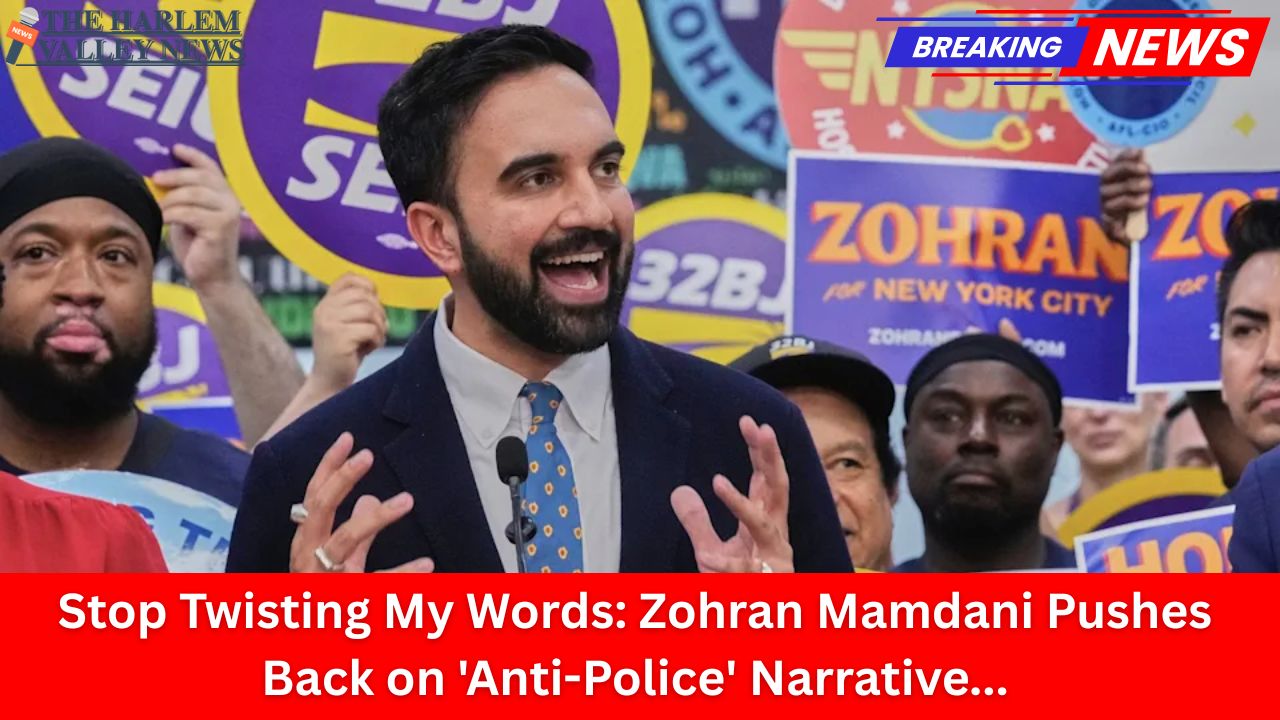
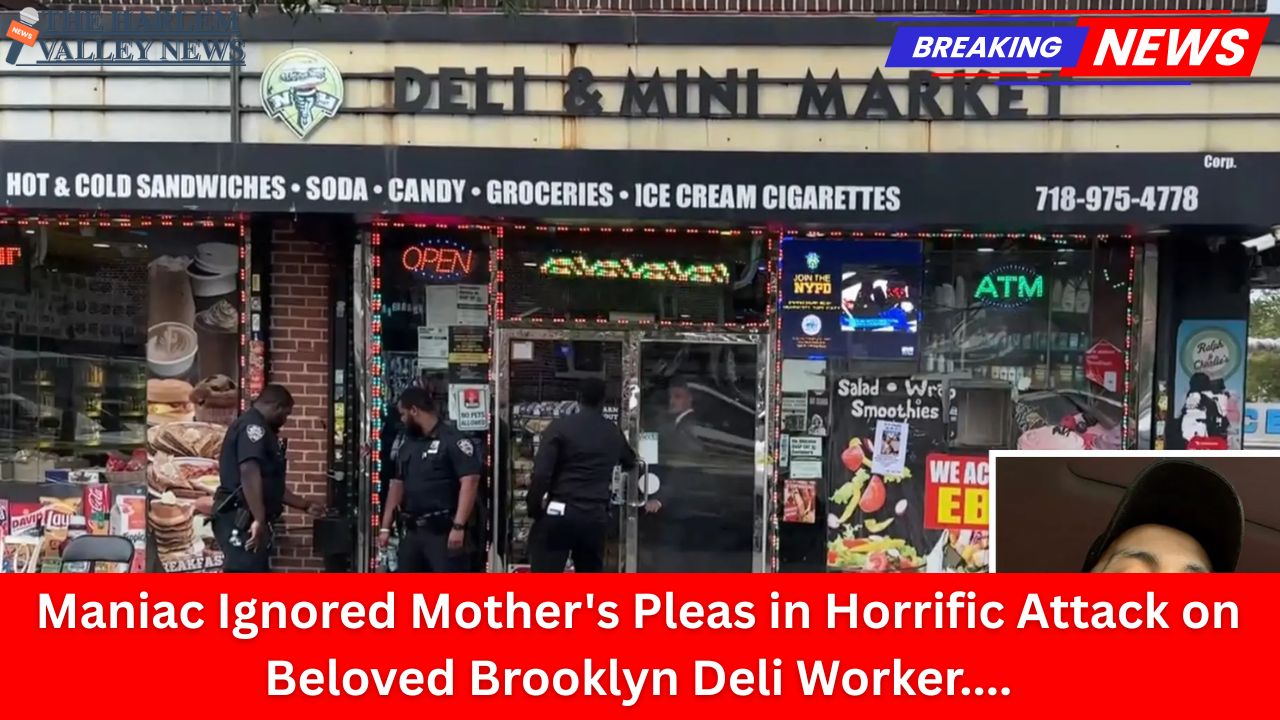
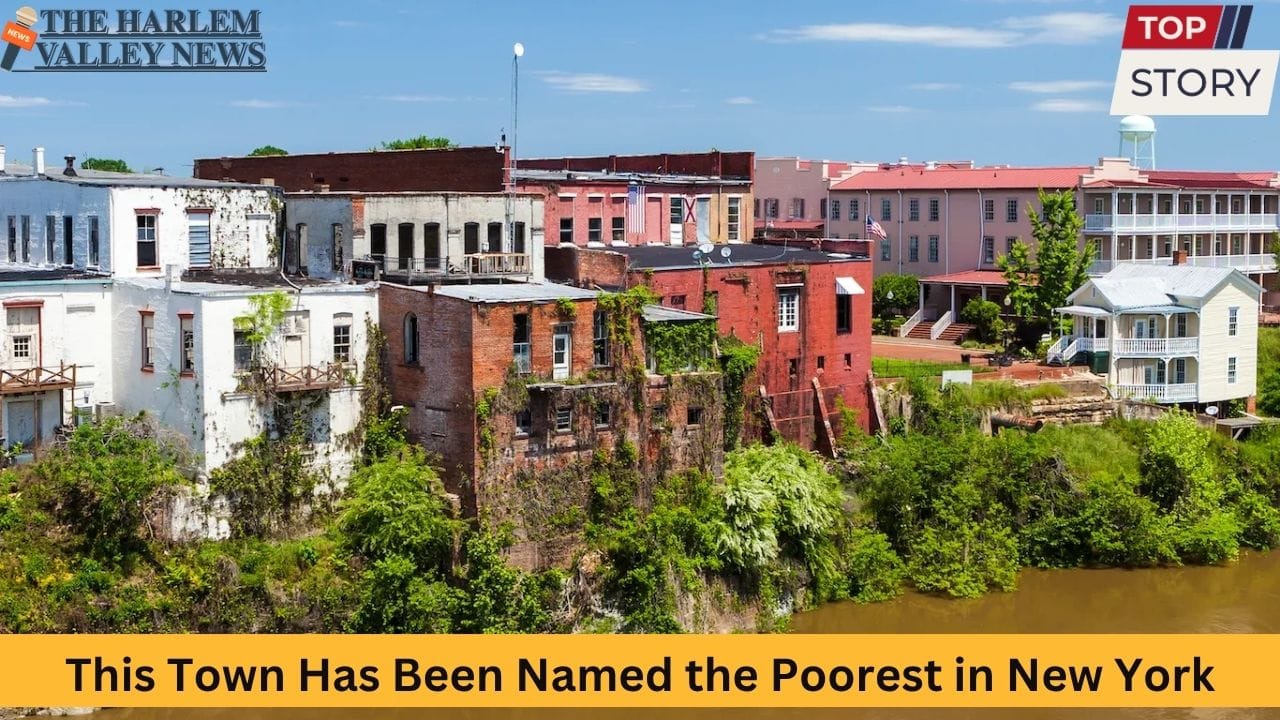
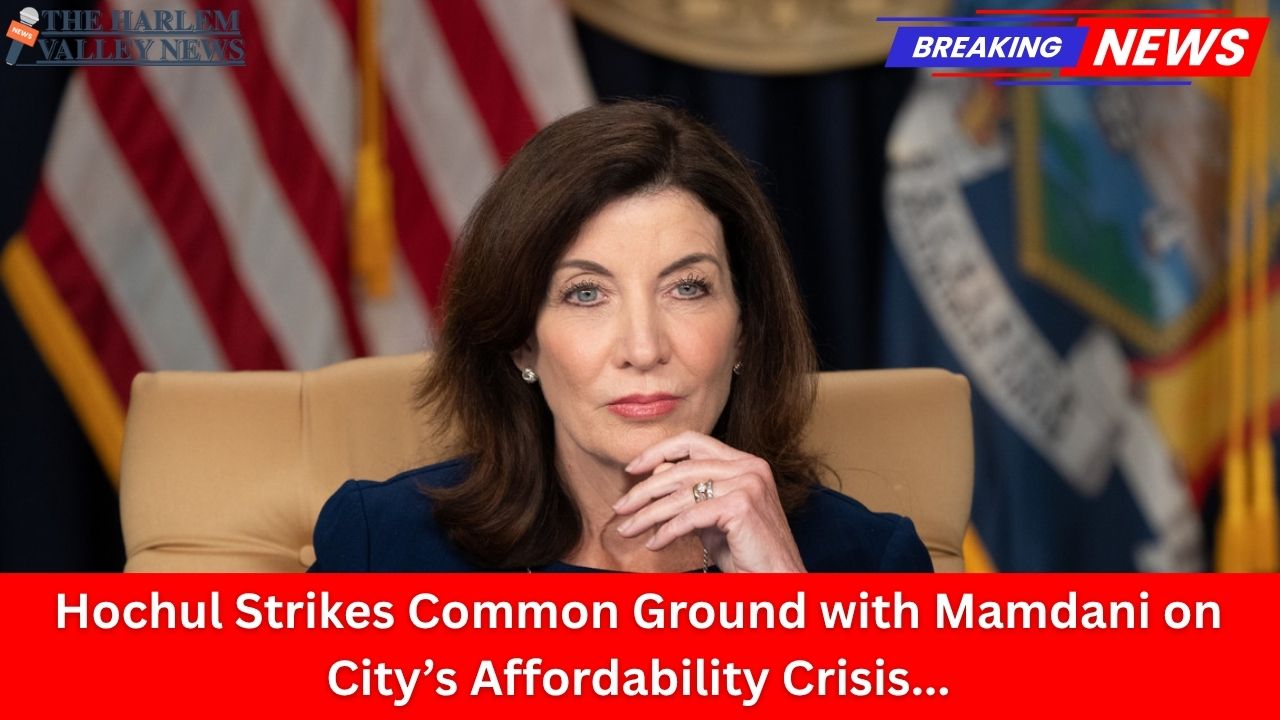
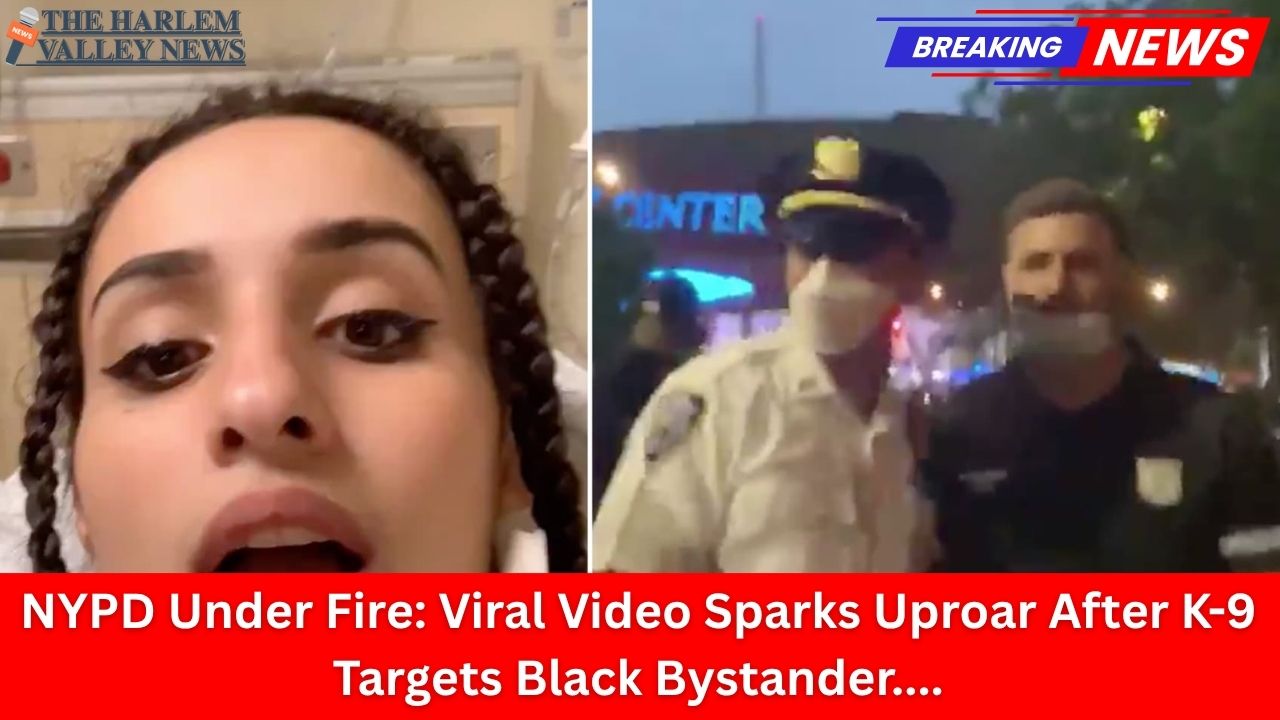

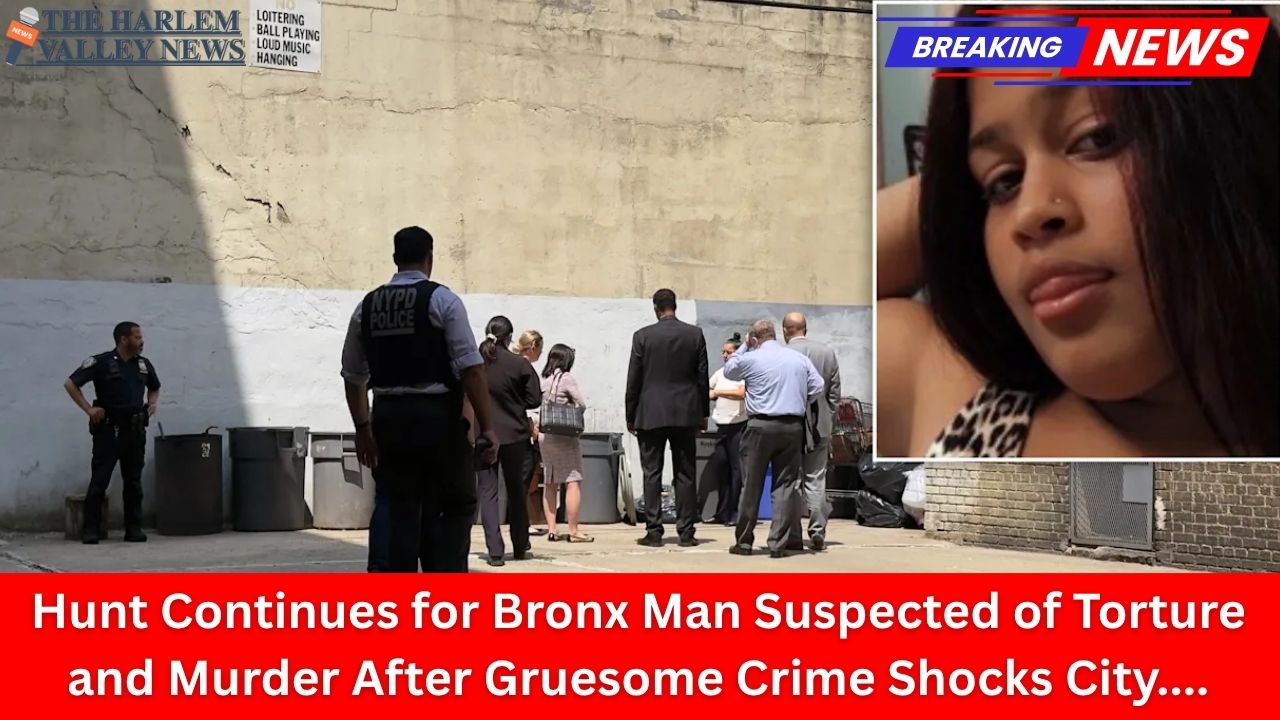
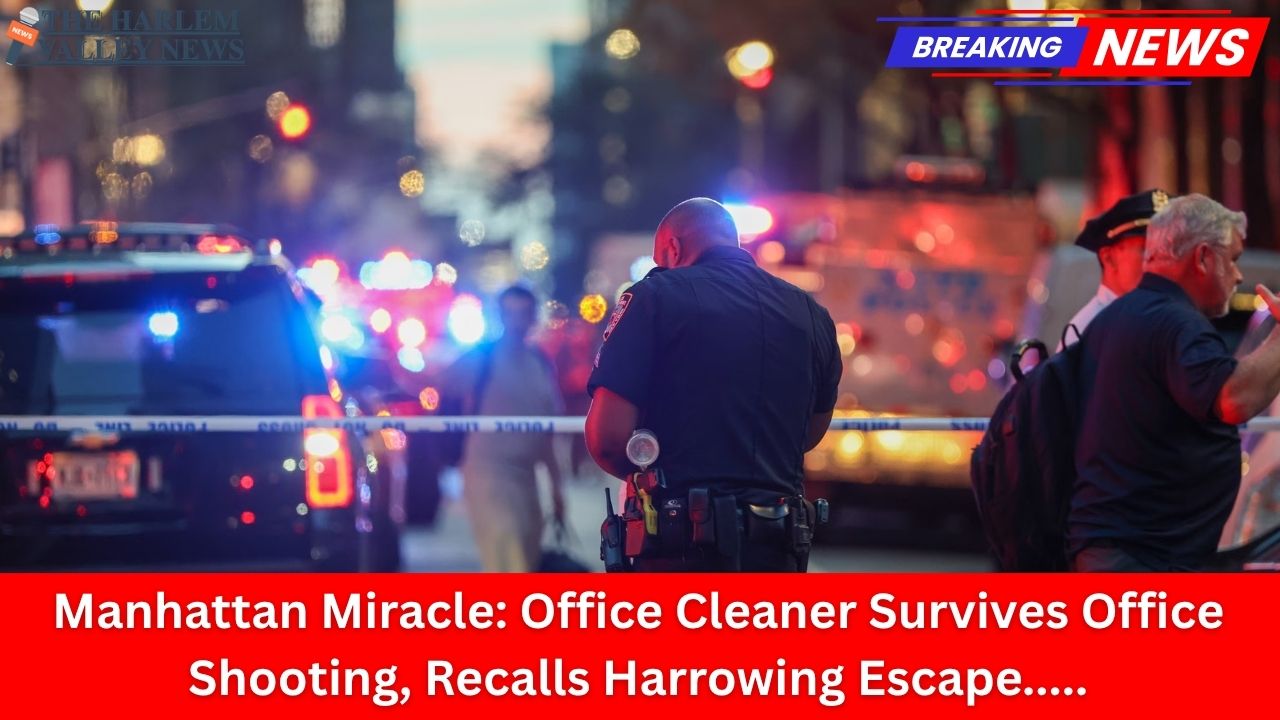
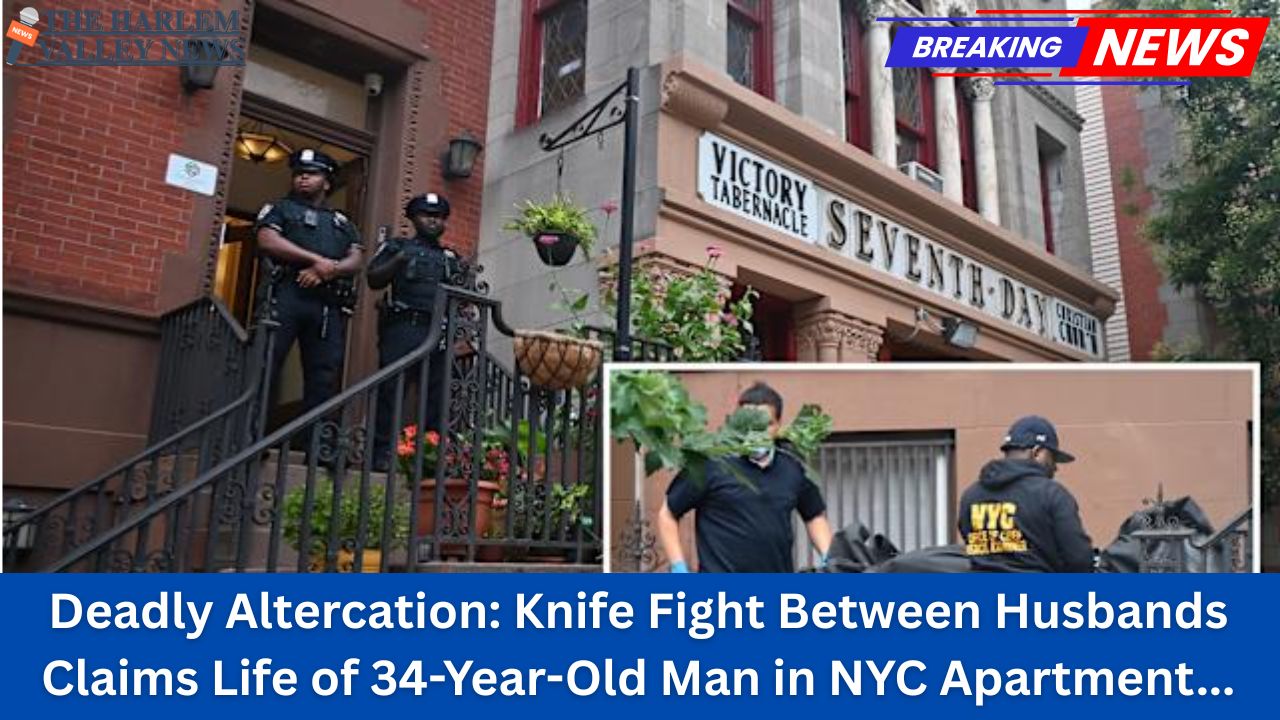
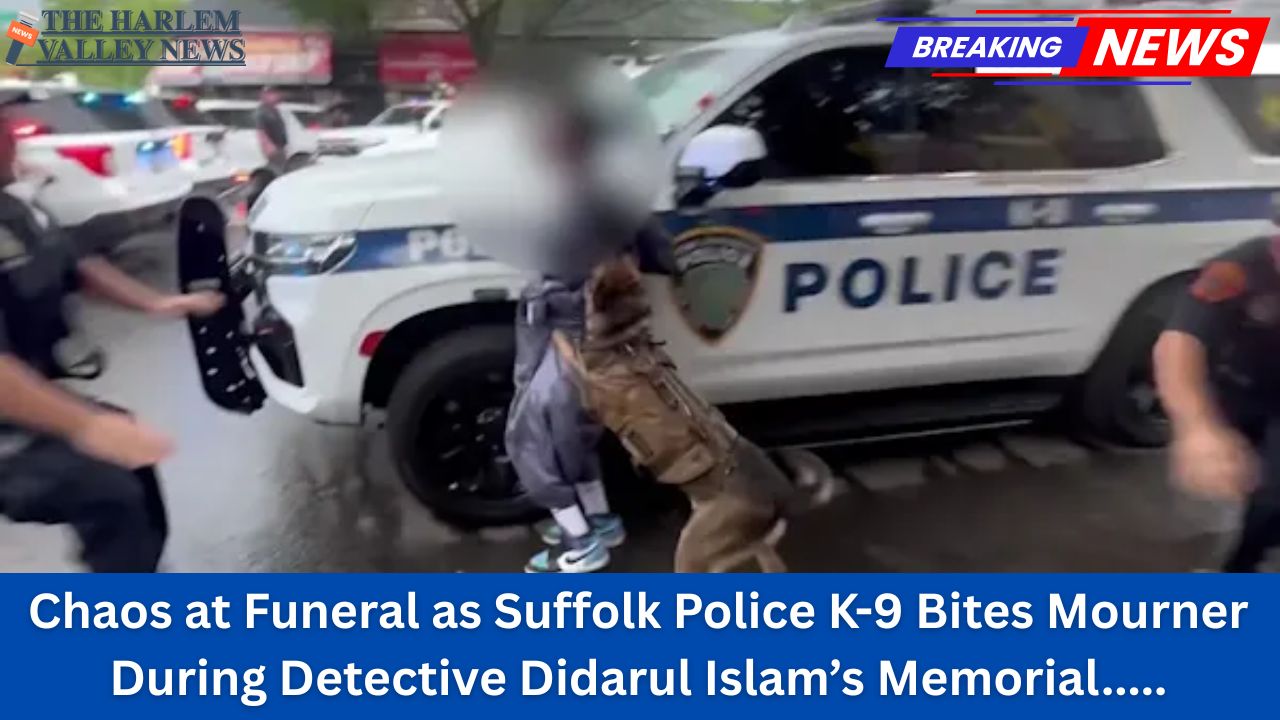
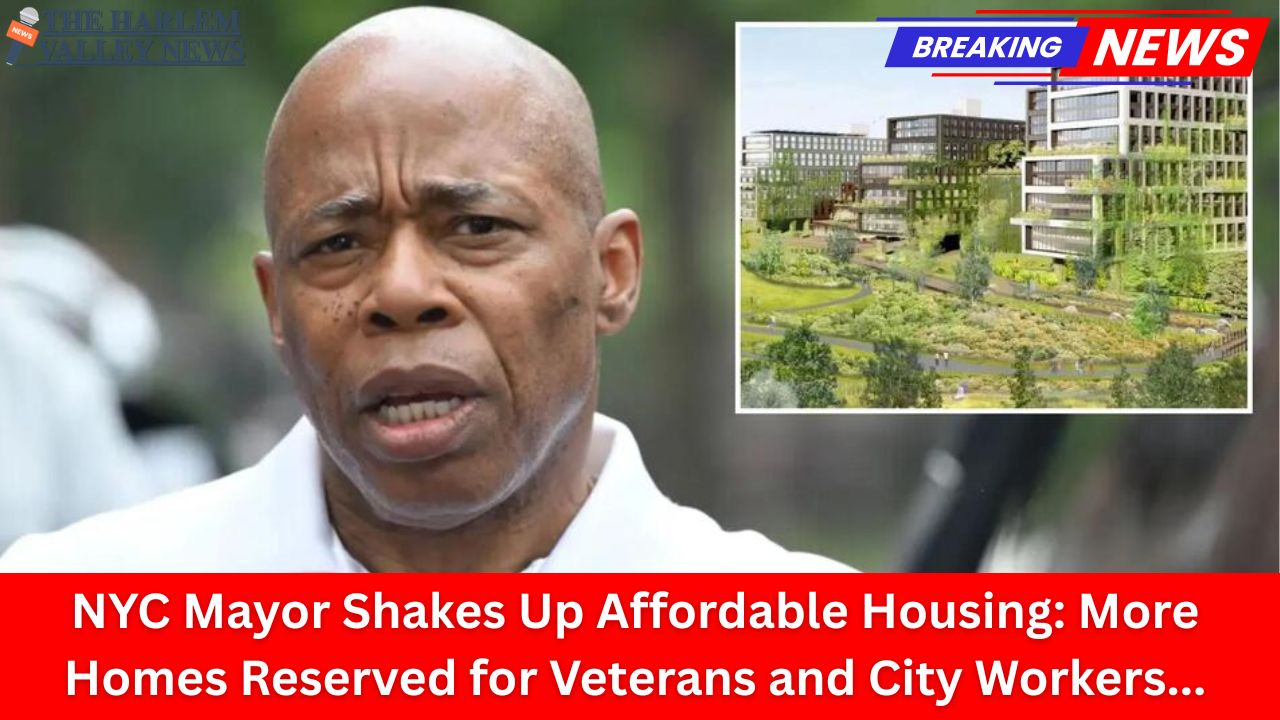
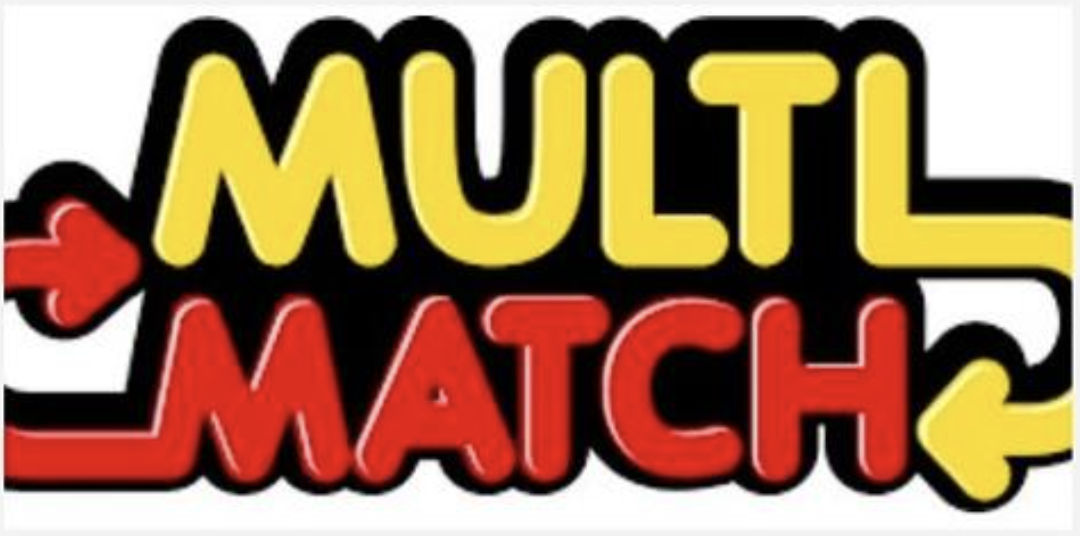
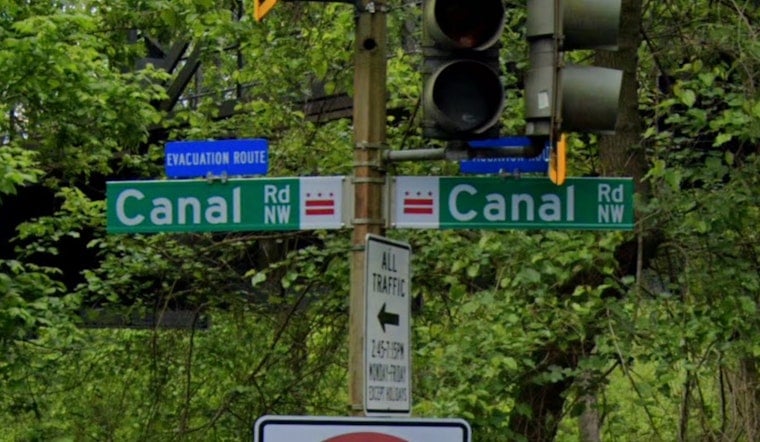
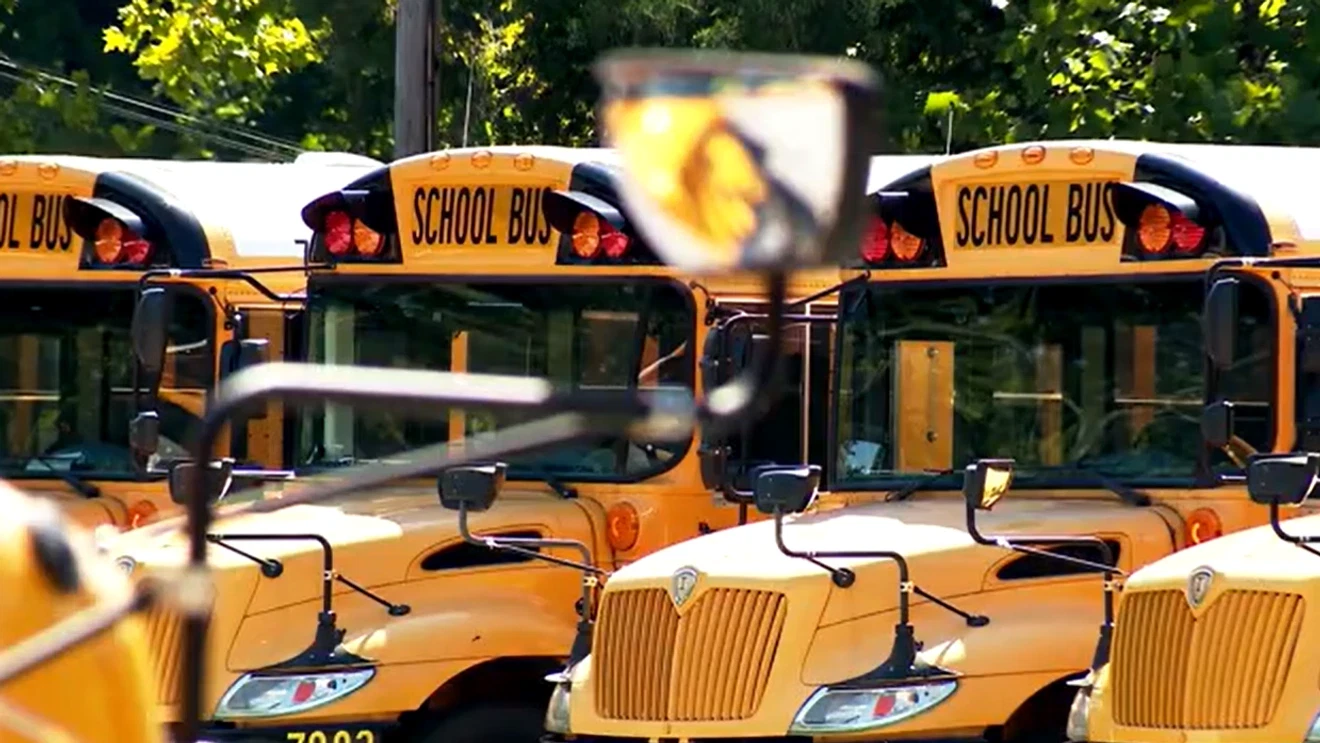
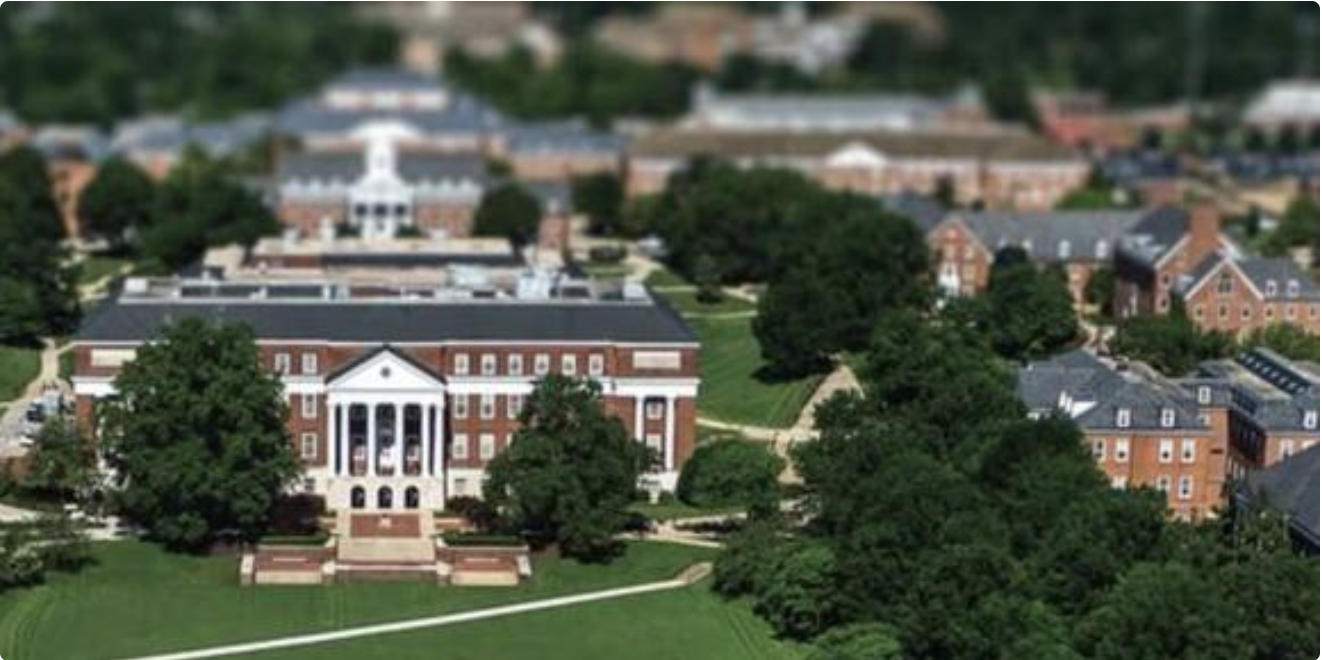
Leave a Reply